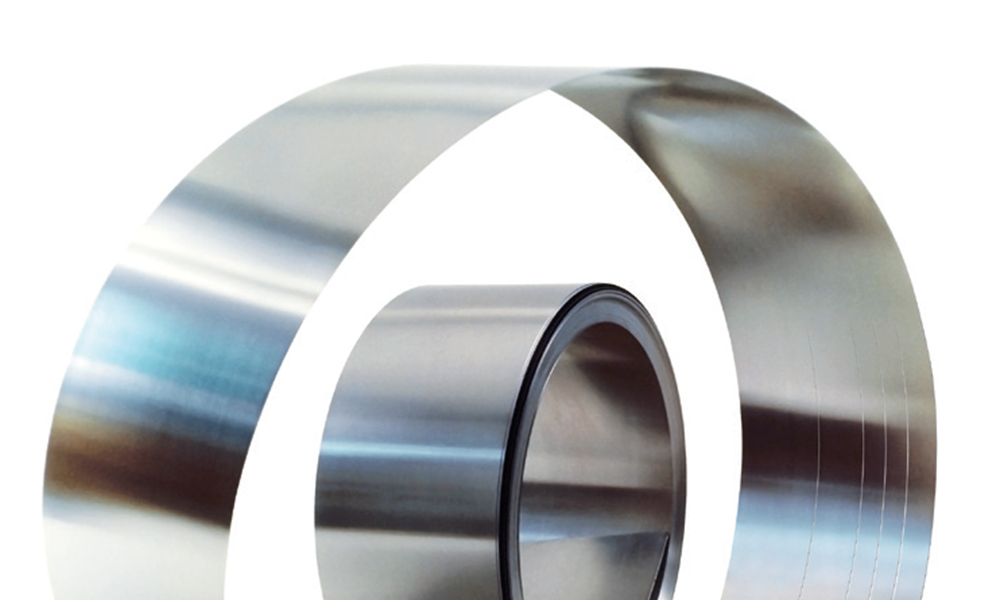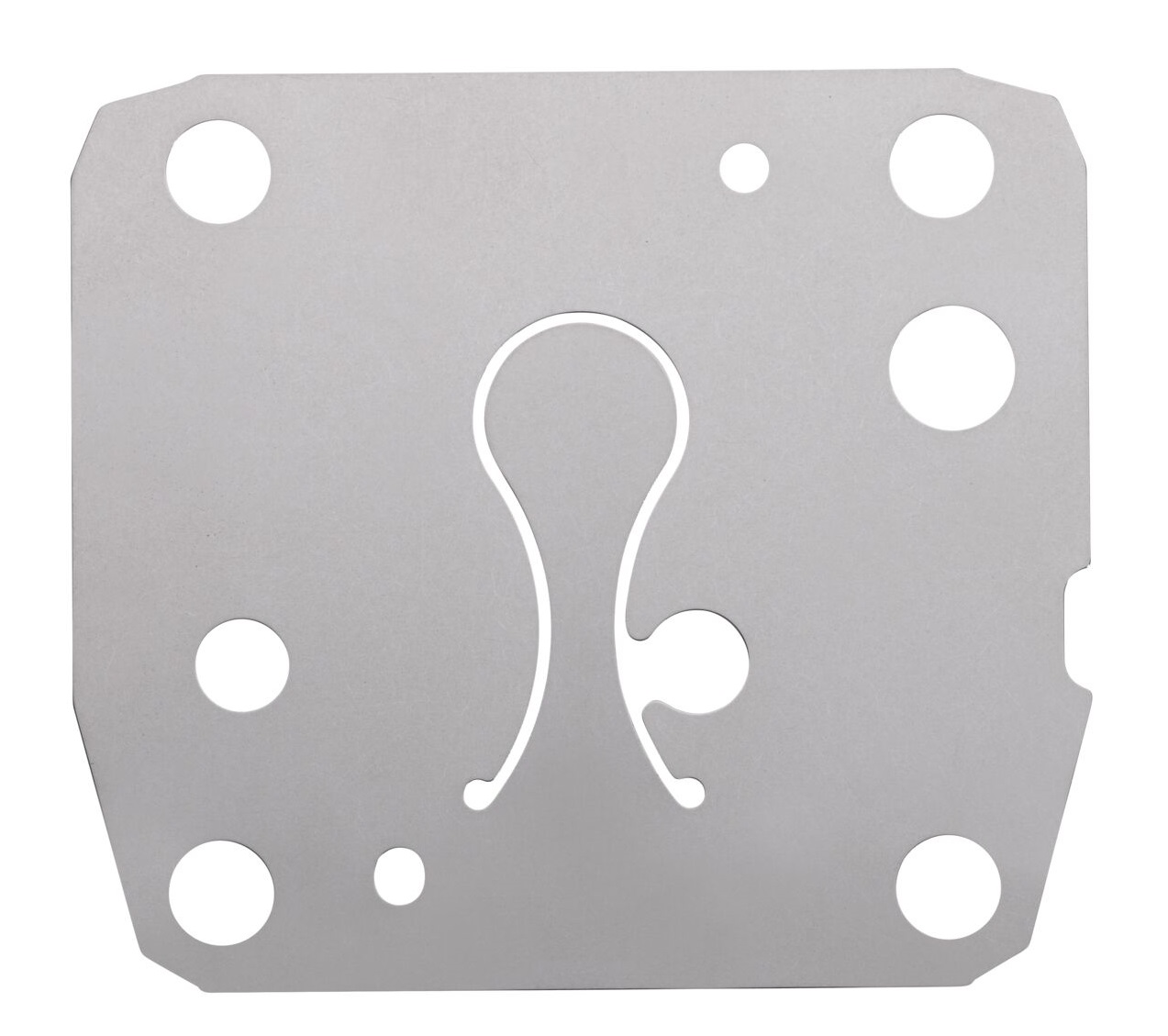Around the world, the issue of cooling is hotter than ever. As the global demand for air conditioning and refrigeration rises, so does the need to make cooling systems more energy efficient. Here, a tiny piece of metal can make a huge difference. Alleima Freeflex™ compressor valve steel raises the bar on efficient cooling.
Picture it, Tokyo, summer 2022. As the city approached the end of what had been the hottest June since 1875, according to the Japan Weather Association, the government was forced to issue calls to curb energy consumption. This was due in no small part to residents’ increased use of air conditioning, which was placing a burden on the city’s already strained energy grid.
Between rising populations, increased urbanization, and higher living standards – not to mention the impact of climate change – global demand for effective cooling is only set to keep rising. Already, some 350 million air conditioners are in use in the U.S. A large part of total energy consumption stem from air conditioning already today. According to "Our world in data", the carbon intensity of electricity was 425 CO2/kWh in 2021 (Carbon intensity of electricity, 2000 to 2021 (ourworldindata.org)). And by 2050, global energy demand from air conditioners is expected to triple, and the International Energy Agency stresses the urgent need for action to improve cooling efficiency.

It goes without saying that even a small improvement in the energy efficiency of air conditioning systems would have a huge impact on global CO2 emissions. One tiny piece of metal could be the difference needed – meet the compressor valve.
What is a compressor valve?
Compressor valves are similar to the valves of the human heart. They are small but vital components that regulate the flow of liquid – in this case the refrigerant in a cooling system. Despite fulfilling such a crucial function, compressor valves can be as small as .060 mm thick.
One of the key challenges for compressor manufacturers is to find compressor valve steel that is able to withstand higher dynamic loads. This requires the valve material to deliver enhanced fatigue properties.
“Higher fatigue strength gives manufacturers greater creative freedom in the design process, allowing them to develop more energy-efficient compressors, while meeting all the necessary lifetime and reliability requirements,” says Remco Jongen, product manager at Alleima.
Constant movement
“The compressor valve is constantly moving. And it needs to keep doing so throughout the lifecycle of the product, which is typically around ten years,” he says. “We’re talking about some 10 billion moves in total.”
The valves in modern compressors for white goods applications can move up to 200 times per second. To give this number some context, a hummingbird’s wings flutter at around 70 beats per second.
“The more efficient the cooling system, the tougher the environment gets for a compressor valve,” says Jongen, adding: “With energy efficiency higher on the agenda than ever before, we decided to develop a new alloy with the ability to withstand tougher operating conditions and higher dynamic loads than any of its predecessors.”

Enhanced energy efficiency
Launched in 2021, Freeflex is the latest addition to the Alleima portfolio of compressor valve applications. Apart from developing an entirely new alloy, the company, which has been making products of this kind of more than 70 years, drew on all its experience to optimize the mechanical properties, microstructure, surface execution, and processing of the material. The objective? To deliver a new strip steel material that would set a new standard for fatigue strength in a compressor environment.
“In the development of Freeflex, we sought to optimize all the material properties we know to be crucial to the performance of compressor valves and, therefore, support the development of more efficient cooling systems,” Jongen adds.
Huge potential impact
Freeflex is made in Alleima state-of-the-art steel mill in Sweden, which runs exclusively on green electricity, making it some of the most sustainable strip steel on the market. But what really sets it apart from the competition is the massive potential impact it could have on the energy efficiency of cooling systems around the globe.
The International Energy Agency predicts that within the next three decades, two-thirds of the world’s homes will have air conditioners.
Say, for example, that all the white goods in all the households in China were fitted with compressors designed with valves made from Alleima Freeflex compressor valve steel. This would reduce the country’s overall energy consumption by some 25 trillion watt hours per year and its CO2 emissions by 225 million tons annually.
That’s a lot of CO2 for a tiny metal component to handle.
Freeflex™ characteristics:
- High strength and very good ductility
- Excellent surface finish and very high compressive residual surface stress
- Low level of non-metallic inclusions
- Excellent wear resistance
- Extremely high fatigue strength under bending and impact stress


